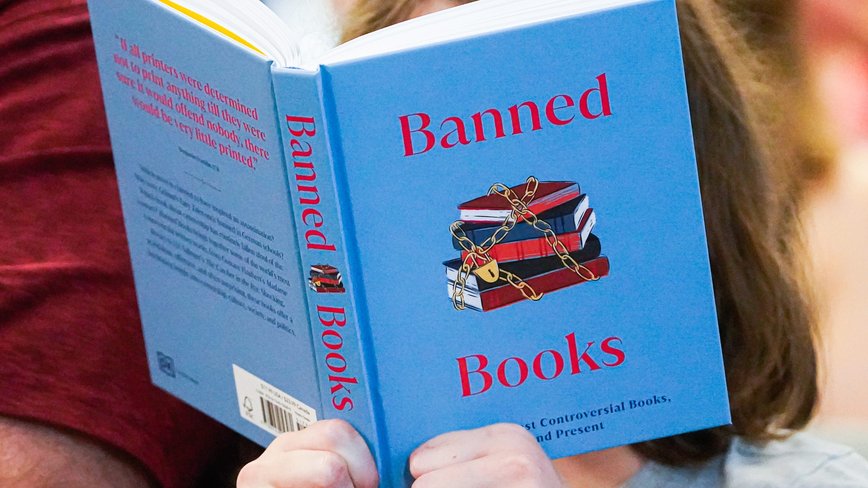
Indiana'S Book Ban Battle: Where Do The Books Go? on OnlyLikeFans

The Rise of Book Challenges in Indiana
Indiana has become a battleground in the ongoing debate over book bans, joining other Republican-led states in a wave of contentious challenges. Over the past four years, new state laws have made it simpler for community members to contest certain library books, sparking local "culture wars." This surge in book challenges has resulted in numerous titles being restricted or banned from library shelves.
Organizations like PEN America and the American Library Association have condemned these challenges as acts of censorship, asserting that they infringe on free expression rights. They argue that these efforts aim to limit children's reading options for ideological reasons. To counteract this trend, these organizations sponsor Banned Books Week each year, running from October 5-11, to promote awareness about literary censorship across the country.
“We want young people to be equipped and ready to embrace the world. When their voices are erased, they're not prepared to meet the world where it is,” said Tasslyn Magnusson, senior advisor of PEN America's Freedom to Read program.
What Happens to Banned Books?
Once a book is banned in Indiana, the fate of its physical copies is typically left to the discretion of individual libraries and their policies. According to library experts, options include storing, donating, or discarding the books. Indiana Code doesn't provide specific guidance on handling removed books, leaving libraries to navigate this gray area independently.
Public libraries often choose to donate banned books to their Friends of the Library groups, where they may be sold to benefit the library. In contrast, school libraries are more inclined to discard or recycle banned books, and they are generally more likely to fully ban a book rather than relocate it to a different section.
Understanding the Book Ban Process
In 2023, Indiana passed a law empowering parents and community members to request the removal of "offensive" titles from school libraries, with felony charges possible against librarians for providing "harmful" materials to minors. The law requires each school library to establish a procedure for book challenges and maintain a catalog of materials, classifying literature "harmful to minors" similarly to obscene content.
Commonly challenged books often cover complex or controversial topics, particularly around sexuality and the experiences of historically underserved groups, such as Black and LGBTQ communities. However, reinstating a banned book poses a significant challenge, as Indiana law does not mandate an appeals process, leaving the decision up to individual school districts.
The Quiet Continuation of Book Challenges
Despite a reported 87% decrease in book challenges, with 46 titles contested last year, the issue persists. In 2023 alone, Indiana libraries faced 346 book challenges, affecting works from "Gender Queer: A Memoir" to the Holy Bible, and even books by local author John Green.
The difficulty in tracking these bans is growing, with many now happening discreetly within school districts, according to Magnusson. Still, the conversation around banned books remains lively, driven by a commitment to protecting First Amendment rights and ensuring access to a diverse range of literature.















